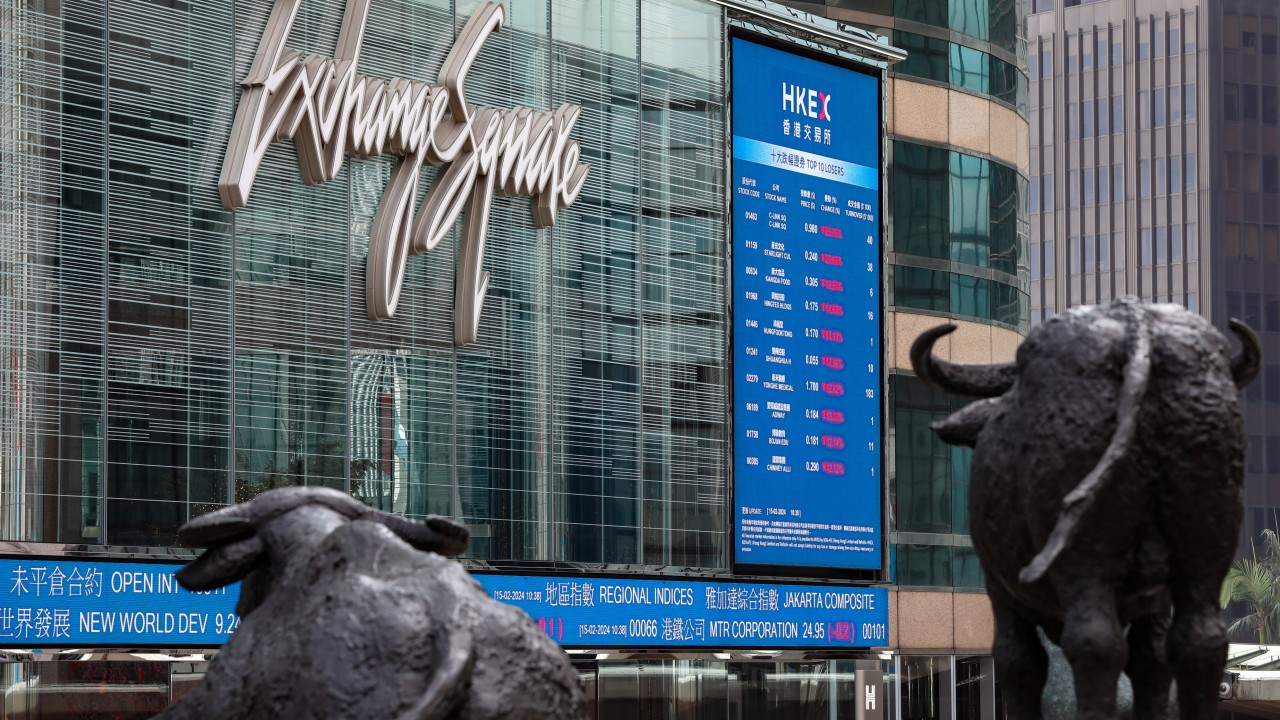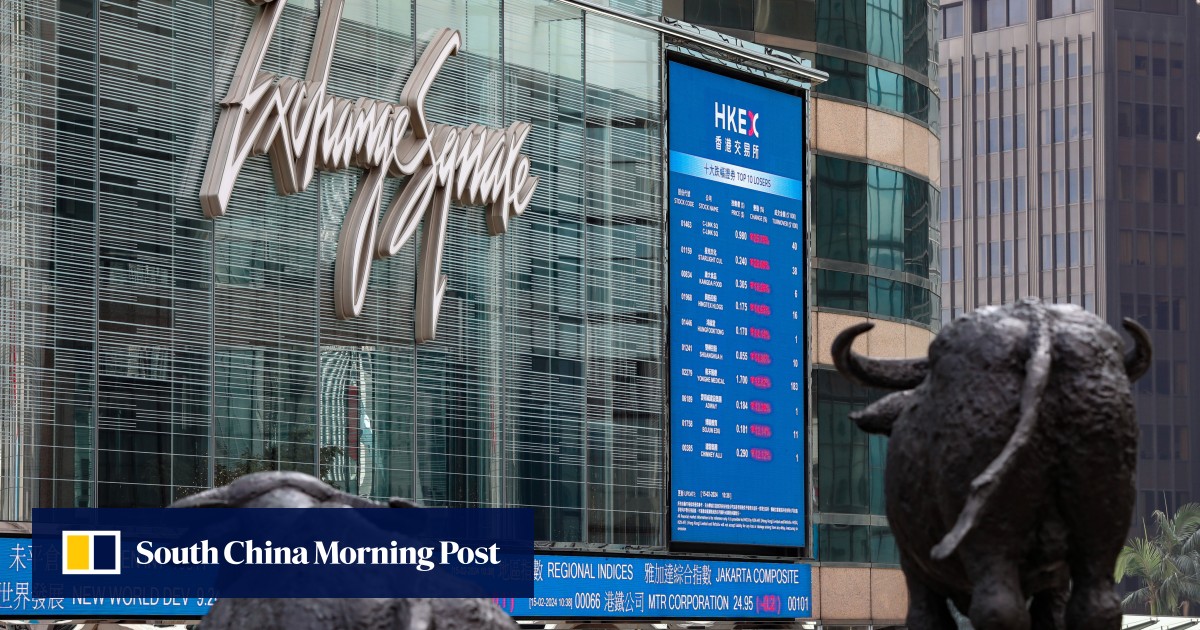
For CMIC Vehicles, the low liquidity and cheap valuation have “created difficulty for the company to effectively conduct fundraising exercises on the Hong Kong stock exchange”, it said in a filing to the exchange earlier this week.
Similarly, China Traditional Chinese Medicine Holdings, which had been listed in Hong Kong since 1993, proposed a HK$15.6 billion privatisation plan last month because of its low share price and the trading multiples of comparable companies.
The current function of the listed company as a platform for financing is “restricted” and “it’s difficult to make use of equity financing to provide sources of available funds to finance its business development”, it said.
French skincare company L’Occitane and American luggage maker Samsonite have also recently engaged with advisers and investors about potential take-privates in Hong Kong, Reuters reported on Tuesday, citing separate sources.
“Some listed companies would feel their valuations are being dragged down by the weak broader market to unreasonably low levels,” said Dickie Wong, executive director at Kingston Securities. “Peers listed in other markets like the mainland can often fetch higher valuations and prices for their shares.”
The benchmark Hang Seng Index is now trading at about 9.1 times forward earnings on average, according to Bloomberg data. By comparison, the price-to-earnings ratio for the CSI 300 Index tracking the biggest companies listed in Shanghai and Shenzhen stands at 13.4 times, while S&P 500 members trade at an average of 23.2 times.
China delistings rise to near record highs in 2023 amid market sell-off
China delistings rise to near record highs in 2023 amid market sell-off
“More clients are asking about privatisation recently compared to a few months ago, and the second half of last year was already very aggressive,” said Jaycen Liao, senior partner in the capital markets department at Zhong Lun Law Firm.
Some of them are considering listing in the US, where the stock market is relatively strong, with decent valuation levels. The Beijing Stock Exchange is also an option for some firms wishing to have a domestic listing, Liao added.
“Ultimately, whether a company privatises or which market it chooses to list on depends on where its investors are mainly based and where it can get better valuations,” he said. “Companies need to compare capital markets’ value expectations and choose the plan most aligned with their own growth.”
The exchange has also faced an exodus of companies as stricter listing regulations have led to record numbers of expulsions. A total of 47 companies were delisted from the main board last year – 47 expelled and 13 withdrawn voluntarily – after a record 52 in 2022, of which 37 were booted off, according to exchange data.

